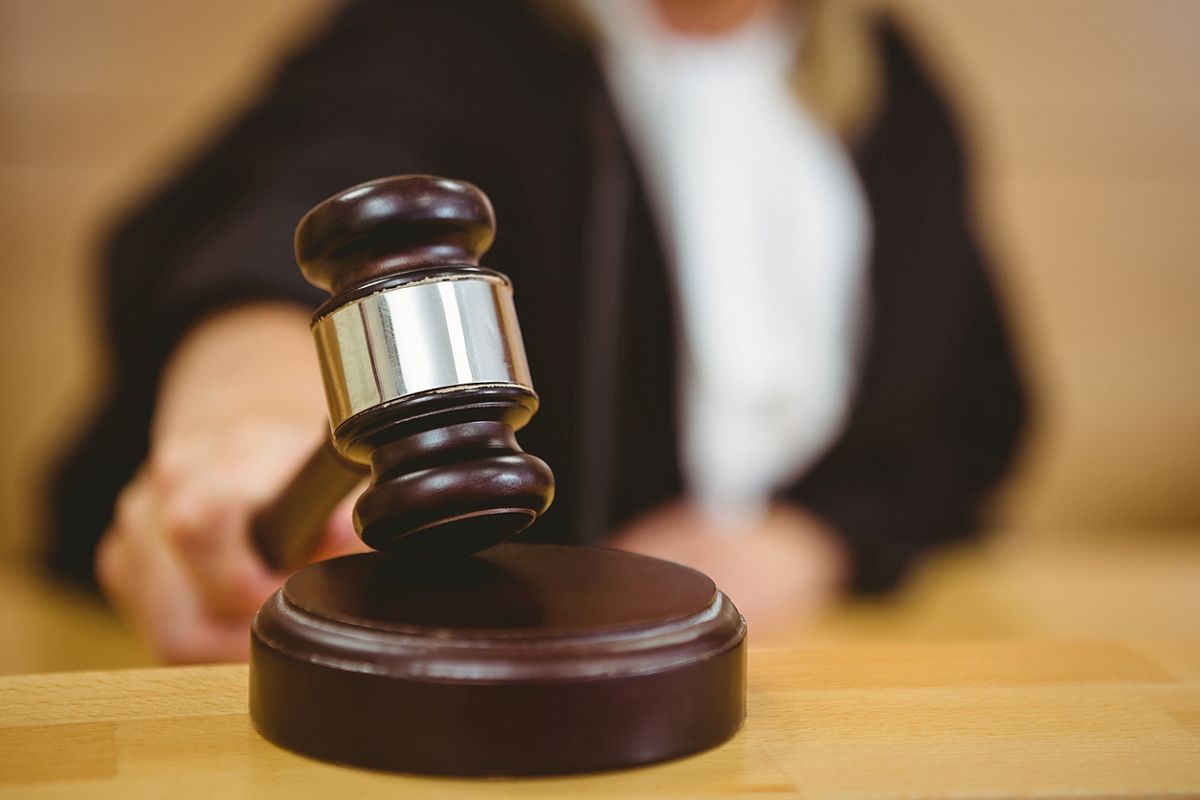SC seeks ED response on bail plea by ex-Jharkhand CM Hemant Soren
said that it will be open to Jharkhand High Court to deliver its judgement on the former Chief Minister Sorem’s plea challenging his arrest in an alleged money laundering case.
The Kerala High Court ruled that the status of the ruler was not “heritable” and could not be acquired through succession.

(Representational image: iStock)
The Supreme Court on Monday held that the erstwhile royal family of Travancore is the shebait of the Sree Padmanabhaswamy Temple in Thiruvananthapuram and defined she bait as the custodian of the idol, its “earthly spokesman,” its authorised representative entitled to deal with all its temporal affairs and to manage its property.
“In literal sense, shebait means one who renders seva to the idol or deity. Every ruler of Travancore would call himself ‘Padmanabha Dasa, one who is engaged in the service of Padmanabhaswamy,” the court ruled.
Temples are not private fiefdoms, but places of public worship.
Advertisement
The Padmanabhaswamy Temple is the richest Vishnu temple in south India and had been in existence long before the erstwhile princely Travancore state came into being.
During the integration of princely states with the Indian Union, Balarama Varma, ruler of Travancore, in the Agreement of Accession, incorporated a clause that “Padmanabhaswamy Temple vested in trust in the ruler of Travancore.”
If the temple belonged to the royal family, there was no need for such a clause in the Accession Agreement. After the death of Balarama Varma in 1991, his younger brother, Marthanda Varma, staked his claim to the temple.
The Kerala High Court ruled that the status of the ruler was not “heritable” and could not be acquired through succession.
After divesting the royal family of its role in administering the temple, the Supreme Court in 2012 appointed a committee to take stock of priceless treasures held in six secret vaults surrounding the sanctum sanctorum of the temple, and another committee for administration of the temple under its supervision.
Audit of the hidden treasures conducted by Vinod Rai, former Comptroller and Auditor-General of India, revealed pilferage of artefacts and precious metals worth hundreds of crore of rupees.
The Bench of Justices Uday Umesh Lalit and Indu Malhotra in their 218-page judgment, said, “Tested on any parameter, such as historical accounts, popular and customary beliefs, certain practices connected to rituals and affairs of the temple that mandatorily requires the presence and participation of the rule, deep involvement of the members of the ruling family and their connection with the temple and Sri Padmanabhaswamy at various stages of their lives, … shebaitship does not lapse in favour of the State by principle of escheat.”
The Constitution (Twenty-sixth Amendment) Act, 1971, and Article 363A had put an end to recognition granted to Rulers of Indian states.
In this regard, the learned Justices observed, “deletion of Article 362 by itself would not result in cessation of every privilege or personal right with respect to which due regard was had while exercising legislative power before its deletion.”
The Bench was of the opinion the assurances and guarantees in covenant or agreements in terms of Article 362 as it existed then is valid even after the deletion of the said Article.
“We hold that the death of Balarama Varma who signed the Covenant would not in any way affect the shebaitship of the temple held by the Travancore royal family. Unless and until the line of succession of the shebaitship and in-charge of the administration (of the temple) is completely extinct, there can be no question of escheat,” the Justices ruled.
Advertisement